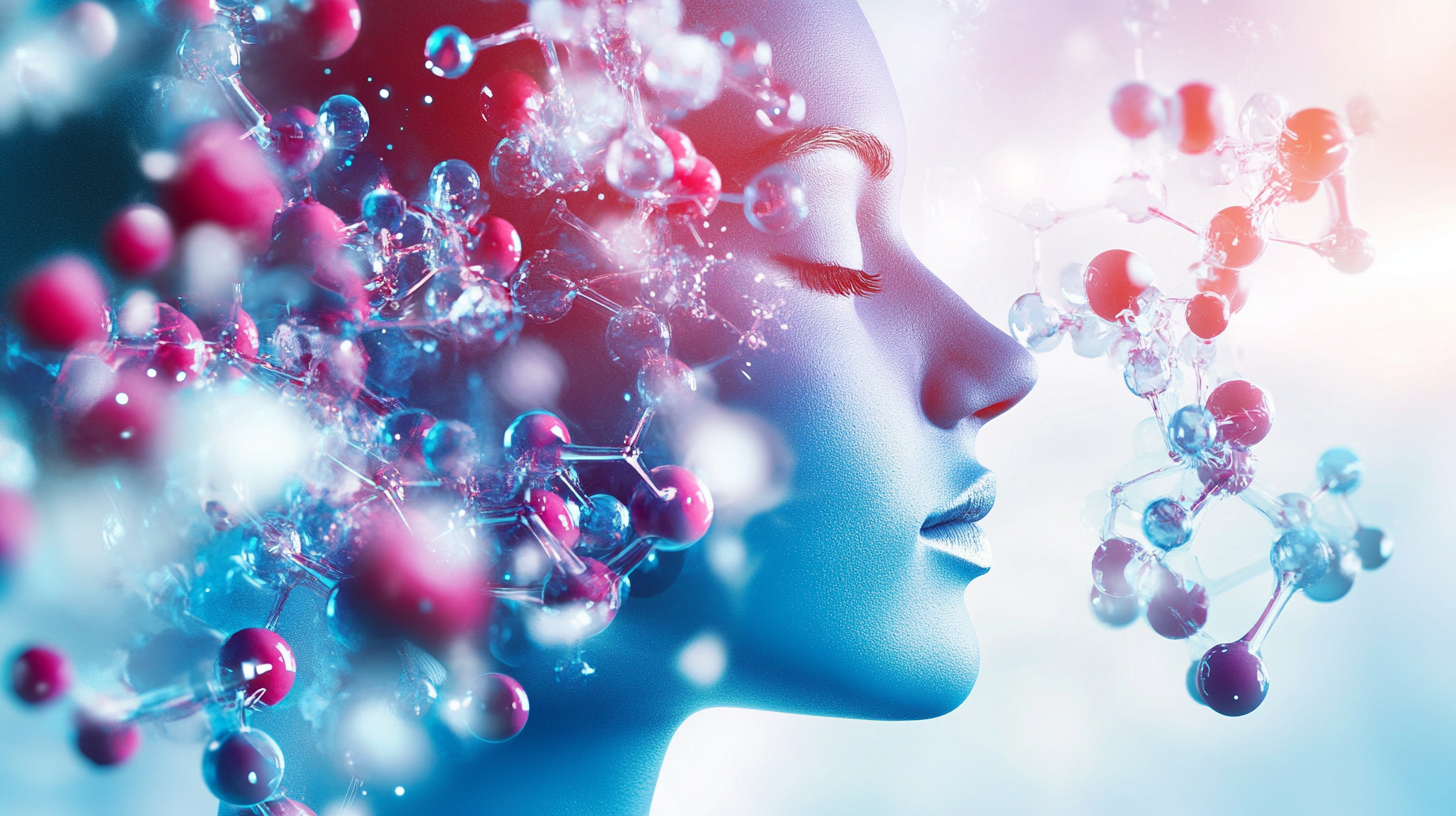Fuel for Longevity – The Vital Role of Nutrition in Healthy Aging
As we age, the importance of proper nutrition becomes fundamental for maintaining health, vitality, and independence. For the elderly, the right balance of nutrients can be the key to preventing chronic diseases, supporting cognitive function, and supporting immune health. While fears of frailty, illness, and...


